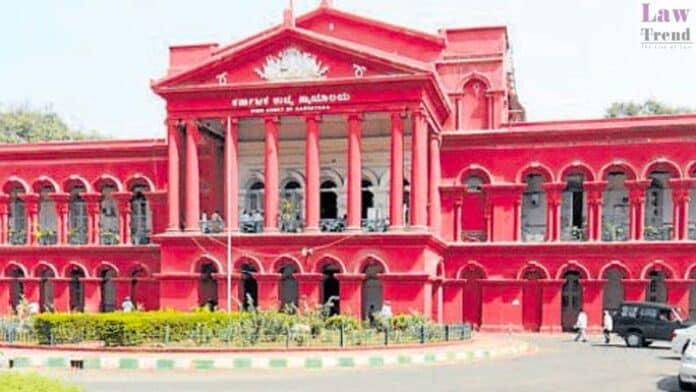The Karnataka High Court on Tuesday quashed a criminal case against Union Finance Minister Nirmala Sitharaman, BJP National President JP Nadda, and Karnataka BJP Chief Nalin Kumar Kateel. The case, which involved allegations of extortion linked to the Electoral Bonds scheme, was dismissed by Justice M. Nagaprasanna, citing insufficient grounds for the charges.
The accusations originated from a private complaint lodged by activist Adarsh R. Iyer, representing the NGO Janaadhikaara Sangharsha Parishath. The complaint alleged that the BJP leaders, in collusion with unnamed officials from the Enforcement Directorate (ED), coerced private firms into donating large sums to the BJP through the Electoral Bonds scheme, purportedly benefiting up to Rs 8000 crores.
Specific instances cited in the complaint included raids conducted by the ED on companies such as Vedanta, Sterlite, and Aurobindo Pharma, which were claimed to be efforts to pressure company owners into making political contributions via Electoral Bonds. These allegations were brought before the XLII Additional Chief Judicial Magistrate in Bengaluru, who initially took cognizance of the complaint.
During the legal proceedings, the defense, led by Senior Advocate KG Raghavan, argued that the requirements for proving extortion were not met and that the case was politically motivated. Nalin Kumar Kateel, in his petition, stated that the accusations were baseless and aimed at tarnishing the reputations of the involved BJP leaders.
Conversely, the complainant’s advocate, Prashant Bhushan, contended that the allegations were serious and warranted judicial examination, emphasizing that citizens have the right to initiate criminal proceedings in cases of grave offenses.
However, after evaluating the arguments from both sides, Justice Nagaprasanna ruled in favor of dismissing the case, effectively halting the legal challenges faced by the BJP leaders under this FIR.
This decision arrives amidst ongoing controversy surrounding the Electoral Bonds scheme, previously struck down by the Supreme Court due to concerns over its transparency and potential misuse. The scheme has been criticized for allowing anonymous political funding, raising significant questions about the influence of money in Indian electoral politics.




